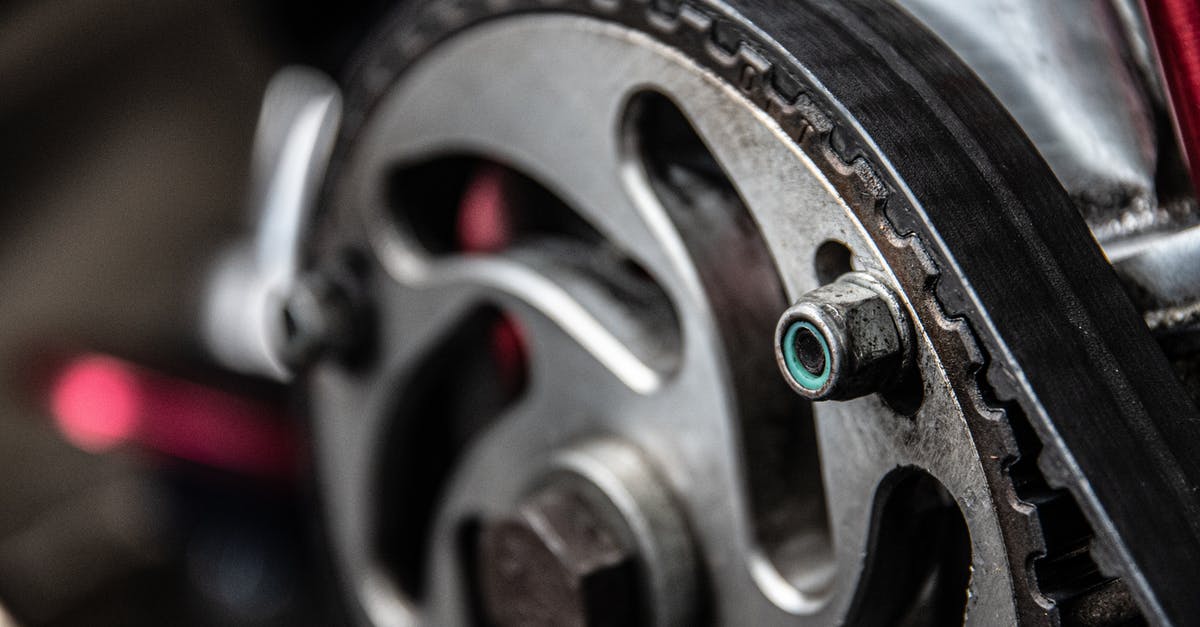Why are standard cast iron maintenance practices compatible with food safety?

How on earth is not washing a cast iron with soap not harmful? Since even if you wash it good with hot water and Salt, wouldn't there still be a possibility of harmful bacteria and such left in the crevices in the metal? I mean the metal is porous, correct?
Also same goes for the seasoning we use (bacon grease, oil, etc) How does this not get a bunch of bacteria on it?
Best Answer
Toxic?
Neither the seasoning (which is essentially polymerized fat) nor the rust (which is... rust) is harmful in small quantities. Of course, I would not eat either by the spoonful.
Spray oil as seasoning fat?
See the many questions on seasoning, but cooking spray is far from ideal as a seasoning fat, as it contains emulsifiers and such, and tends to be a poly-unsaturated fat (that is, liquid at room temperature). Saturated fats are better. One of the most common household options is, dare I say it, Crisco. Or bacon fat.
Why is scrubbing with salt sanitary?
Tradition is that cast iron is not washed with soap and water. The purists will rail at me for saying this, but an occasional light wash with mild dish soap is not going to irreparably harm your seasoning. As you cook, it is continually being rebuilt, at least in frying which is what cast iron pans are best for.
Nonetheless, the common method of just cleaning out with salt and then drying leaves a dry surface, which is not hospitable to bacteria or other pathogens. They cannot grow in a desert. Even if there are micro-crevices in the pan (there are), they would either be filled with the seasoning layer and irrelevant, or leaving the bacteria in direct contact with that active iron surface, which is also not good for them. But the main issue is that the pan is dry.
Finally, since the pan is hot when being used (often even preheated in many applications) any tiny amount of bacteria which find a foothold will normally be killed quite early in the cooking process.
The seasoning—even from delicious bacon fat—that forms the protective layer on the pan is also polymerized, which makes it less available as a food source for bacteria, even if they could otherwise grow in the very dry environment of a properly cleaned and dried cast iron pan.
Pictures about "Why are standard cast iron maintenance practices compatible with food safety?"



Is cast iron hazardous?
Cast iron pans are popular, especially for searing, and are generally safe to use. But they can leach iron, which is a strong pro-oxidant. Those genetically at risk for iron overload should learn more about cast iron safety.What is the importance of cast iron?
The strength of cast iron is what makes it a workable material for various industries. It has a low melting point and greater fluidity. Castability Cast iron is used in an array of industries because of the ease of its castability. The cast iron can be molded into various shapes and sizes based on the industrial needs.Is all cast iron food grade?
The FDA's Food Rule notes that cast-iron equipment is only approved for use in the food industry for cooking surfaces and in utensils for serving food \u201cif the utensils are used only as part of an uninterrupted process from cooking through service.\u201dWhen can cast iron be used in food establishment?
Utensils or other food-contact surfaces made of cast iron can only be used if they're part of \u201can uninterrupted process from cooking through service,\u201d says the FDA. This is because cast iron is very porous, which means that food particles can get into the metal and create unsanitary conditions.How to Promote Better Food Safety with Proper Maintenance Practices
More answers regarding why are standard cast iron maintenance practices compatible with food safety?
Answer 2
Every time cast iron cookware is used at boiling or frying temperatures, it is so hot that any bacteria or viruses on the surface are destroyed. Other than removal of gross contamination by scraping, followed by wiping with a paper towel or dry rag, no further sanitation is needed. If meats or salty foods have been cooked in a skillet, it can cause sticking. Rinse with hot water, or a small amount of hot water can be brought to a boil in the skillet to dissolve the salt. Dry the skillet and coat lightly with vegetable oil to inhibit rusting.
Answer 3
I have used Cast Iron all my cooking life. A well seasoned cast iron product should not rust, but on the off chance it does. Take a wire brush to the rust until you get to the fresh iron again. Then seal it with some oil.
You should never really use soap on cast iron because it strips the oil that is protecting it. But if you do, it is best to reapply some oil to the surface and heat it to help it bind to the cast iron. I just wash it, then re-coat mine with a little oil on a paper towel and heat it on the stove top for a couple of minutes then let it cool down before putting away.
Salt works as a good way to clean cast iron since it is abrasive enough to scour away whatever is sticking but not harm the "seasoning" of the cast iron.
Sources: Stack Exchange - This article follows the attribution requirements of Stack Exchange and is licensed under CC BY-SA 3.0.
Images: Kateryna Babaieva, Ave Calvar Martinez, Hebert Santos, Alice Castro
